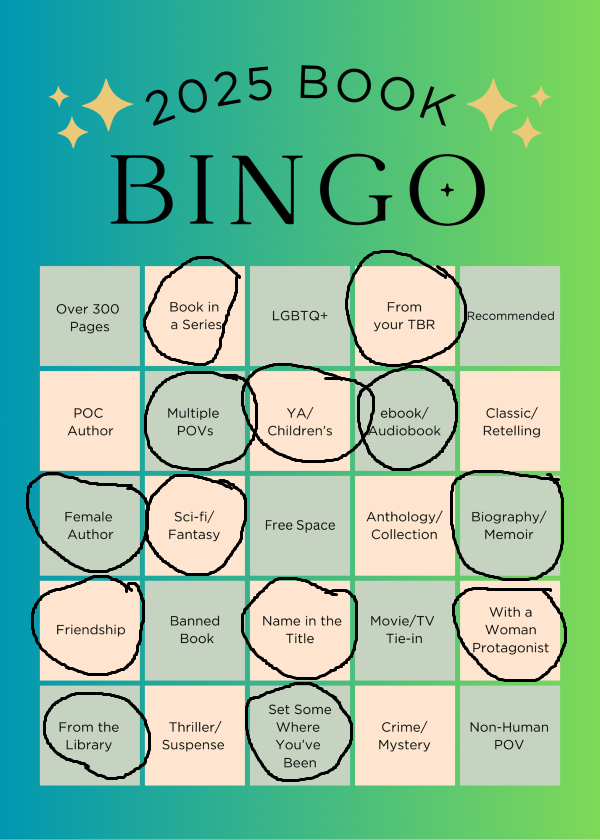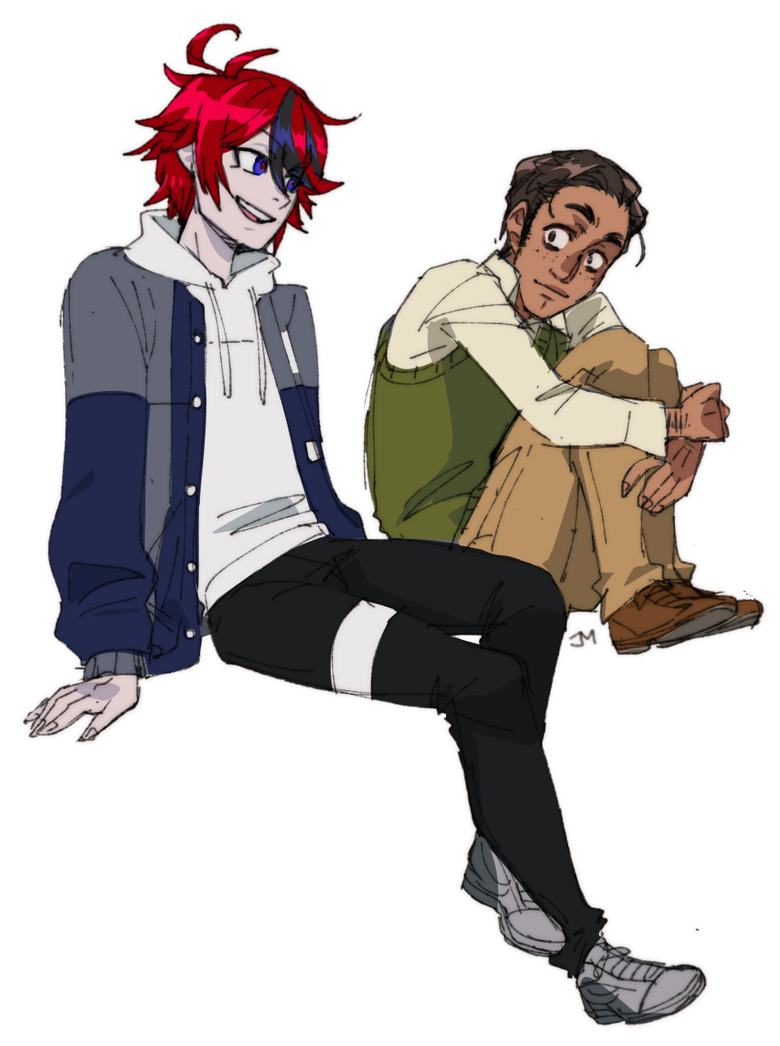Posted by Margaret Killjoy
https://margaretkilljoy.substack.com/p/when-theres-too-much-friction-in
This is a story about Andor, that Star Wars show, but you don’t need to have seen it and I think I talk about this without spoilers. It’s a show about revolution, produced by a channel (Disney+) that is on the BDS list for hiring actors who directly support the genocide of the Palestinian people.
There’s a scene, and a speech, and if you’ve seen season two you know which one I’m going to be talking about. It’s at the very end of episode five. All you need to know is that two revolutionaries, one old and one young, are in the process of stealing space-gasoline, at great personal risk. The pipeline they’ve tapped will explode if they make a single mistake. The space-gasoline (“rhydo”) is toxic to breathe, and the younger revolutionary wears a mask. The older one doesn’t. He approaches and breathes it in deep.
The younger one, Wilmon, who has already seen more shit than I ever will, asks “How can you do that?”
The older one, Saw Gerrera, is a revolutionary who refuses to do the revolution the nice way, the way the rest of the official “Rebellion” wants it done. He answers:
Because I understand it. Because she's my sister rhydo, and she loves me!
That itch, that burn... You feel how badly she wants to explode?
Remember this. Remember this moment! This perfect night.
You think I'm crazy? Yes, I am. Revolution is not for the sane. Look at us: unloved, hunted, cannon fodder. We'll all be dead before the republic is back and yet... here we are. Where are you, boy? You're here! You're not with Luthen [the leader of the more traditional rebellion]. You're here! You're right here, and you're ready to fight!
We're the rhydo, kid. We're the fuel. We're the thing that explodes when there's too much friction in the air. Let it in, boy! That's freedom calling! Let it in! Let it run! Let it run wild!"
I watched that this week, and I rewinded that scene three times to hear it three times.
The idea that we will not live to see the revolution succeed, yet our lives are beautiful, that we have moments like “this perfect night,” is intoxicating.
Is it good to be intoxicated like that? I don’t know.
I think a lot about the romanticization of suffering. When I lived in a van, it wasn’t because I wanted hashtag vanlife, it was because I had almost no money and I wanted somewhere dry to sleep and a way to get from place to place to keep doing activist work. I hated the romanticization of van life, the pristine photos of perfect beaches and fifty thousand dollar vans.
It’s not that my own life wasn’t beautiful. If anything, it felt like the people on Instagram were living a pale imitation of what I was doing, not the other way around. I slept at squatted land projects in the desert, I let people hide in my van from the rain at Earth First! gatherings, I drove that van on speaking tours for books and for political causes alike. That life was also hard as shit. My van broke down time and time again and I found myself stuck in this or that city, in this or that driveway. One winter in Olympia my van and everything in it molded. Living in a cramped space was hard on my body, and I had trouble healing some injuries.
Eventually, after years, I moved into an off-grid barn, and slowly saved up the money to build a 12x12’ A-frame off-grid cabin on my friend’s property. From vanlife to tiny house. All the things you’re supposed to romanticize.
A tiny house is only an improvement if you’re coming from no-house, if you ask me. Most people are not happier living off grid. Most people are not happier living in their vehicles.
But if it’s what you have, it’s useful to find beauty in it. It’s useful to romanticize it. Some nights in the van, with the wind whipping through the trees, I was happy. Some summer days in the hammock in front of my cabin, I was happy.
When two revolutionaries, caught up in the ethical imperative to overthrow the galactic empire, start huffing fumes and waxing poetic about their perfect night of crime, they are making the right decision. If you’re going to die before you see your revolution succeed, might as well make the most of it. Might as well fill your brief life with as much meaning as you can possibly cram into it.
It is, I’m sure, a beautiful way to live. It’s essential that we learn to find beauty in our situation, no matter how dire, even if it’s just the beauty of futile struggle.
Subscribe now
There’s this old book, Catechism of a Revolutionary, from 1869. It’s by this Russian nihilist named Sergey Nechayev. People get pretty hooked on this book sometimes. It’s intoxicating. The revolutionary is a doomed man, it says, right in its first sentence. In fact, let’s just reflect on the whole first paragraph:
The revolutionary is a doomed man. He has no private interests, no affairs, sentiments, ties, property nor even a name of his own. His entire being is devoured by one purpose, one thought, one passion - the revolution. Heart and soul, not merely by word but by deed, he has severed every link with the social order and with the entire civilized world; with the laws, good manners, conventions, and morality of that world. He is its merciless enemy and continues to inhabit it with only one purpose - to destroy it.
Another quote from the book, the revolutionary:
must infiltrate all social formations including the police. He must exploit rich and influential people, subordinating them to himself. He must aggravate the miseries of the common people, so as to exhaust their patience and incite them to rebel. And, finally, he must ally himself with the savage world of the violent criminal, the only true revolutionary in Russia.
According to the catechism, essentially anything is justifiable in the name of revolution. It was written in a time of tsars, less than a decade after the end of serfdom, and during a period where a lot of people were trying awfully hard to find a way to turn the tsar from one full-size person into a bunch of tiny little pieces of person, generally through the application of explosives. Which is, of course, a reasonable thing to do to autocrats.
But it’s worth understanding that the guy who wrote this book, Nechayev, was a piece of shit. That’s the technical term for it I think. Not just “he was so devoted to revolution that he was callous with people,” but just aggressively a bad person who, by my read, was rather detrimental to the movement he claimed to love.
He was in love with another Russian nihilist, a woman named Vera, but she wasn’t into him, so he fled to Switzerland. He met up with the famed anarchist, Mikhail Bakunin, and, best as I can tell, grifted the old guy. Nechayev was like “hey I’m part of this huge, totally real secret society in Russia, and you should fund us.” So Bakunin, against the advice of his friends, gives Nechayev contacts and helps get a lot of propaganda printed up.
And Nechayev’s specific plan here is to get his own friends arrested without their consent, to radicalize them. Especially Vera, the woman who spurned him. He sends them all tons of the propaganda, they all get caught, and Vera does four years in prison for it.
He then goes back to Russia, starts a secret society by claiming it’s part of this much bigger conspiracy he’s made up, and then when someone in his own secret society calls him out for lying about the whole thing, he and a few friends kill the guy and dump his body into a frozen lake.
After that, Nechayev leaves his fellow friends to get caught by the Russian police and flees to Europe, where he goes around trying to convince everyone that authoritarian rebellion is the way to go.
Eventually he goes to prison and tries to convince the other nihilists to break him out. Sorry, they say, no can do. The revolutionary is, after all, a doomed man.
I don’t have a high opinion of Catechism of a Revolutionary, nor of its author. It seems written to excuse a man doing whatever he wants (including imprisoning the woman who turned him down).
Yet when Saw Gerrera talks about “this perfect night,” I think about the pure beauty that can be found in an anti-police riot, when you and others make it clear that you will not accept to be ruled by unaccountable men with guns. Sometimes, you need to shout “fuck you” at the bastards and mean it. You need to shout “you are my enemies” and mean it. Sometimes you need to say “what are you going to do, kill me?” and know that they might, well, kill you, but that it needed to be said anyway.
Fiction doesn’t present us with roadmaps or strategies, not really. Our own movements and our own histories are better for that (for example, don’t do what Nechayev did). But fiction is good at showing us who we might be in different circumstances. It’s good at giving us clues about where we might find beauty in different environments. If I were a rebel at war with the galactic empire, if I knew I would not live to see the revolution, I would make my peace with that. The revolutionary may be a doomed woman, but she does not need to keep her thoughts on the grave. All of us, revolutionaries or not, know that the void is coming, but that knowledge ought only to remind us about the beauty of the moments we do have.
During moments of uprising, people’s lives are irrevocably altered. People go to prison, get maimed, die. The same is true during moments of the ostensible “peace” when the boot is on our neck so firmly that we do not act out—or, as I like to imagine it, we are saving our strength for the next moment. Maybe we’re waiting until there’s too much friction in the air.
Disney+ is currently on the list of consumer boycott priority targets for the Boycott, Divest, and Sanction campaign against the Israeli state’s occupation of Palestine. This is worth taking into consideration when you choose how to watch (and how to talk about) the show Andor.
https://margaretkilljoy.substack.com/p/when-theres-too-much-friction-in





